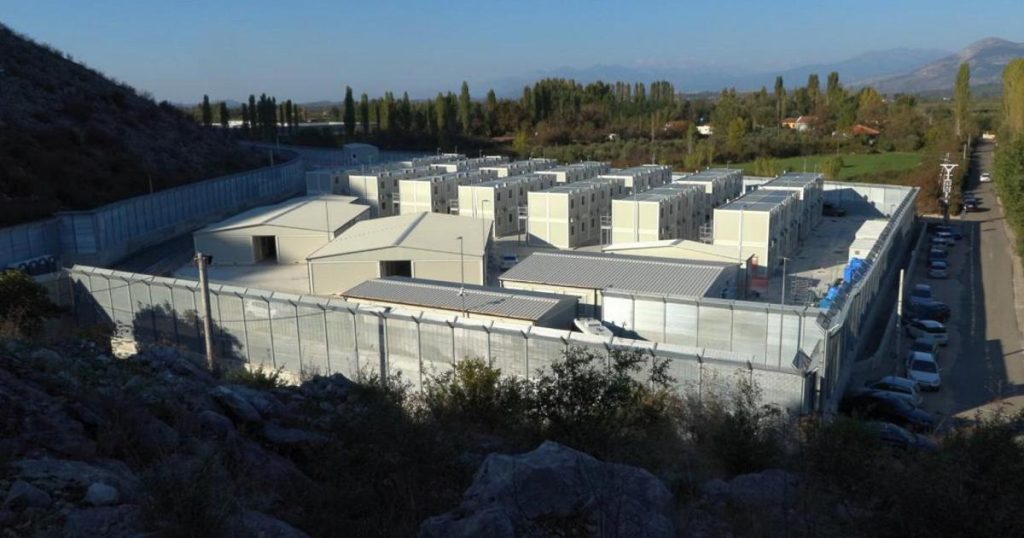The Human Rights and Immigration section of the Rome Court did not validate the detention of twelve migrants inside the Italian repatriation center of Gjader, Albania. The migrants, ten from Bangladesh and six from Egypt, had been transported to Albania on a military navy ship and were supposed to be repatriated from there. However, the court deemed Bangladesh and Egypt as unsafe countries, citing a European Court of Justice ruling that a safe country should not engage in persecution, discrimination, or torture. The judges determined that the migrants should be returned to Italy, as they only have the right to be brought back to the country.
Despite the efforts made to transport migrants to the Albanian center, the court decision has halted the process, complicating the application of the Italy-Albania Agreement regarding migrants. The president of the National Association of Magistrates, Giuseppe Santalucia, commented that the judges applied the rules established by the national and European legal systems, pointing out that the internationally recognized unsafe status of Egypt and Bangladesh influenced their decision. The lawyers representing the migrants expressed dismay at the swift rejection of their asylum requests and the lack of proper legal defense in the process.
In response to the court ruling, Prime Minister Giorgia Meloni announced the convocation of a Council of Ministers to address the issue, emphasizing that the judiciary does not have the authority to determine safe countries. On the other hand, Minister of Foreign Affairs Antonio Tajani stressed the importance of respecting the decisions made by the executive and legislative branches, advocating for a clear separation of powers in a democratic system. Interior Minister Matteo Piantedosi expressed respect for the judiciary but indicated that they would appeal the decision through appropriate legal channels.
The decision of the Rome court sparked controversy among political figures, with some criticizing the judges for allegedly disregarding the legislative framework and imposing their political beliefs. There were calls for transparency regarding the construction of the repatriation centers in Albania, with concerns raised about the allocation of contracts and the overall cost efficiency of the operation. The leader of the Democratic Party, Elly Schlein, denounced the Italy-Albania Agreement as unlawful, highlighting the significant financial investment and potential misuse of public funds in the repatriation process.
The situation surrounding the migrant repatriation centers in Albania has become a focal point for political debate and legal scrutiny, with conflicting views on the applicability of international agreements and the role of the judiciary in determining safe countries for migrants. The outcome of the legal dispute and the subsequent actions taken by the government will play a crucial role in shaping the future of migrant repatriation policies and practices in Italy and beyond.


